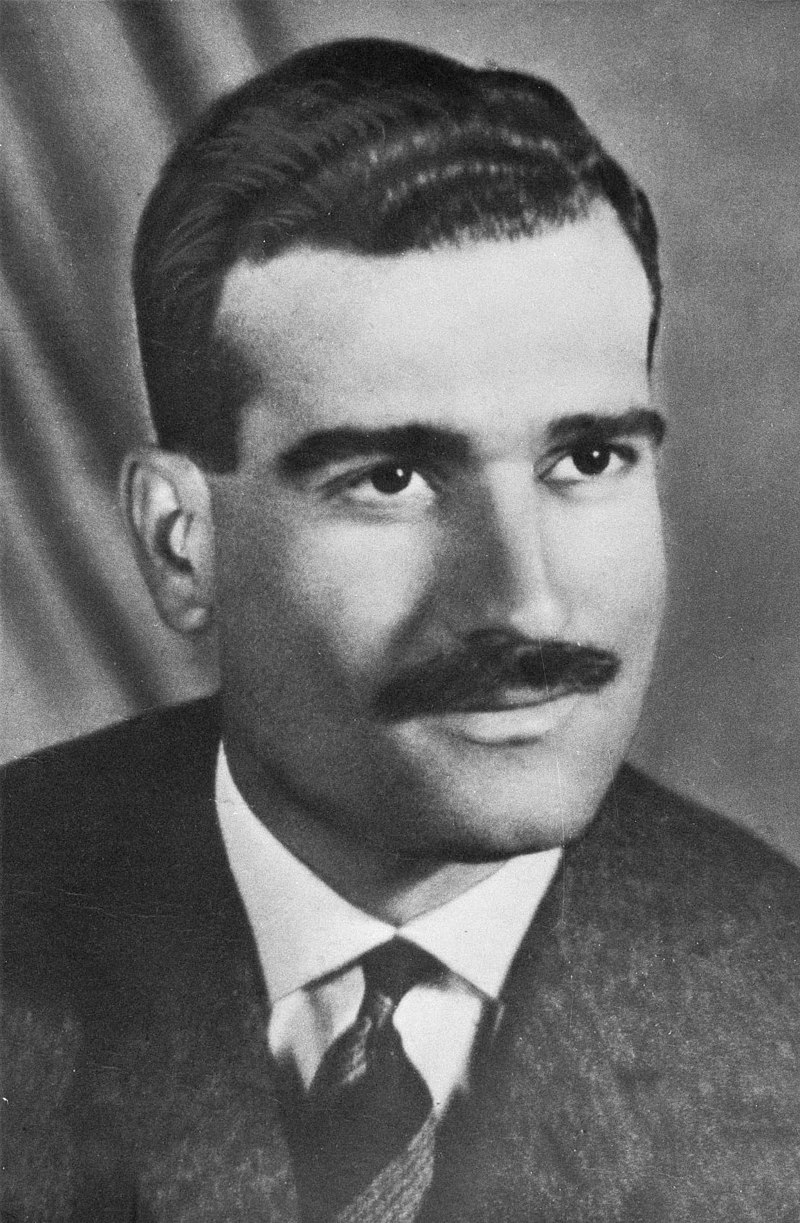Was Eli Cohen’s Body Secretly Returned to Israel? What We Know So Far
Arab media claims the legendary Israeli spy’s remains were returned during the same covert operation that recovered Sgt. Tzvi Feldman after 42 years.

According to an Arab report, the remains of legendary Israeli spy Eli Cohen may have been returned to Israel as part of the Mossad operation that also brought home the remains of fallen soldier Tzvi Feldman. A military source stated: “Efforts are underway to bring back additional missing persons to Israel.”
After decades, it is now being examined whether the remains of Eli Cohen, who was executed in Syria in 1965, have finally been returned. According to the Arab report, his remains were returned along with those of Tzvi Feldman and several other fragments. A military source noted that efforts continue to bring additional MIAs back to Israel. Regarding the return of Feldman’s body, the source added: “Once Tzvika Feldman’s body was positively identified, we informed his family. In this operation, we did not endanger our personnel, but others were put at risk. It is an emotional moment, a closing of a circle. We brought back the body and the uniform of the fighter.”
Eli Cohen was born 100 years ago, on December 6, 1924, in Alexandria, Egypt, to a family of eight children. His parents had immigrated from Aleppo, Syria, and raised him with a strong Zionist identity. After graduating from a Jewish high school in Alexandria, he was accepted to study electronics at the University of Alexandria. In 1944, he joined the Zionist movement B'nai B’rith and the Freemasons.
His contact with Israeli intelligence began in 1952. At the request of agents involved in the Lavon Affair (an Israeli false-flag operation in Egypt), Cohen rented a room in Alexandria. He was interrogated by Egyptian authorities due to his ties with those arrested in the affair, some of whom were executed, but he was ultimately cleared of espionage.
In 1957, amid worsening conditions for Egyptian Jews following the Sinai Campaign, Cohen immigrated with his family to Israel and settled in Bat Yam. He worked translating Arabic newspapers for military intelligence and later in accounting at Mashbir Hamerkazi. In 1959, he married Nadia, an immigrant from Iraq and sister of the late author Sami Michael.
In 1960, Cohen left his accounting job for training as a Mossad spy, something Nadia knew nothing about. “He only said the new job was for a secret government-related project. He started regularly meeting a polite young man who often visited us,” she recalled. “At first, I didn’t suspect anything, even though it seemed odd. At one point, Eli told me he was traveling for work to bring parts for Israeli weapons. That trip lasted eight months, and we wrote to each other the entire time.”
That trip to Argentina was where Cohen built the persona of Kamel Amin Thaabet, a Syrian businessman from a wealthy family who had lost his parents and was searching for relatives abroad.
On his second trip abroad, Cohen entered Syria. In January 1962, he arrived in Damascus, posing as a Syrian national returning home after years abroad. He rented an apartment near the Syrian General Staff headquarters and befriended senior military and political figures. These individuals eventually shared sensitive information with him, which Cohen passed on to the Mossad.
On January 24, 1965, Syria officially announced Cohen’s arrest, dubbing him the “Master Agent.” During his interrogation, he was severely tortured. About a month after his capture, his trial began, mostly behind closed doors, though some parts were televised. Cohen was not charged with espionage but with the lesser offense of unlawfully entering a restricted area, an offense still punishable by death under Syrian law. The decision not to charge him with espionage likely stemmed from Syrian officials’ fear of exposing intelligence failures in open court.
On May 18, 1965, at 3:30 a.m., 40-year-old Cohen was hanged in Marjeh Square in Damascus in front of passersby. After his death, he was posthumously promoted to the rank of lieutenant colonel. He was buried in Damascus, and Syria has since refused all requests to repatriate his remains. Over the years, it has been claimed that the location of his burial is unknown.